Remember when Saturday mornings meant something special? When we’d gather around our wood-paneled television sets, bowls of sugary cereal in hand, watching our favorite young stars light up the screen with their infectious energy and undeniable talent. Those were the days when child actors seemed destined for lifelong stardom, their futures as bright as the studio lights that followed them everywhere they went.
But Hollywood has always been a fickle mistress, and growing up in the spotlight came with challenges that many of these promising young performers couldn’t navigate. Just as we were starting to see glimpses of the remarkable adults they might become, many of our beloved childhood stars seemed to vanish into thin air, leaving us wondering what might have been. Here are fourteen stars who captured our hearts in the ’60s and ’70s, only to step away from the limelight just when their stories were getting really interesting.
1. Butch Patrick (Eddie Munster)
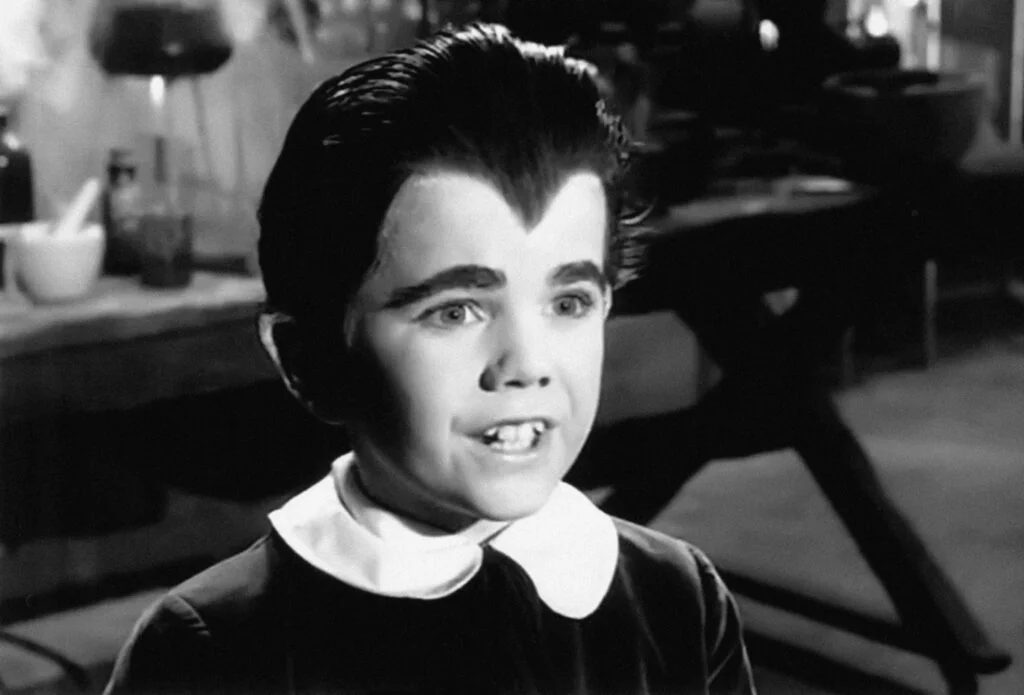
Butch Patrick charmed audiences as the lovably mischievous Eddie Munster on “The Munsters” from 1964 to 1966, with his widow’s peak hairline and that unforgettable gap-toothed grin. At just ten years old, he perfectly embodied the all-American boy trapped in a family of friendly monsters, delivering his lines with a natural comedic timing that made even the corniest jokes sparkle. The show’s popularity made him a household name, and fans eagerly anticipated watching him grow up on screen in what seemed like a promising career ahead. Classic Bands has an interview that provides all kinda of insights into Patrick today.
After “The Munsters” ended, Patrick appeared in a handful of television episodes and made-for-TV movies, but nothing quite captured the magic of his breakout role. He struggled with the typecasting that often plagues child actors, finding it difficult to transition into more serious dramatic roles as he matured. By the mid-1970s, he had largely stepped away from acting, pursuing other interests and eventually becoming something of a pop culture curiosity, making occasional appearances at horror conventions and reunions that reminded us of the bright-eyed kid who once stole our hearts.
2. Anissa Jones (Buffy Davis)
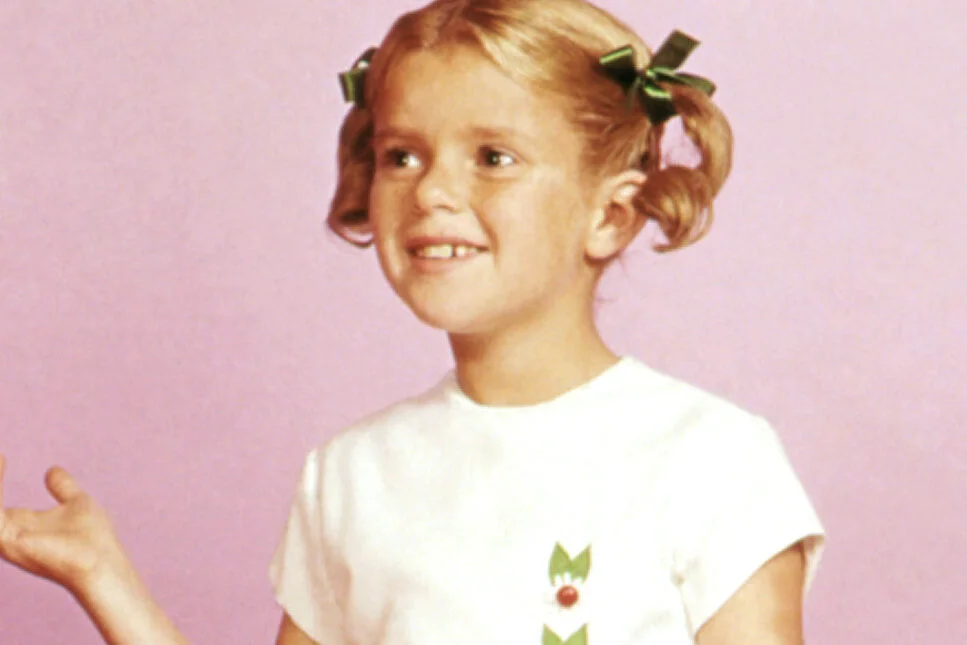
Anissa Jones touched hearts as the sweet Buffy Davis on “Family Affair,” the blonde-pigtailed little girl whose innocence and vulnerability made audiences want to protect her from the world’s harsh realities. From 1966 to 1971, she brought genuine emotion and natural charm to the role, creating one of television’s most memorable child characters. Her ability to convey both joy and sadness with equal authenticity suggested she possessed the kind of deep emotional intelligence that could have translated into powerful adult performances. All That’s Interesting dives fully into the tragedy that was her life.
Tragically, Jones’ story represents one of Hollywood’s most heartbreaking examples of a childhood star whose promise was never fulfilled. After “Family Affair” ended, she struggled to find substantial roles and faced the typical challenges of transitioning from child actor to adult performer. Her life was cut short in 1976 at just eighteen years old, leaving fans forever wondering what kind of actress she might have become and serving as a sobering reminder of the pressures and pitfalls that awaited young performers trying to navigate the treacherous waters of growing up in the entertainment industry.
3. Erin Murphy (Tabitha Stephens)
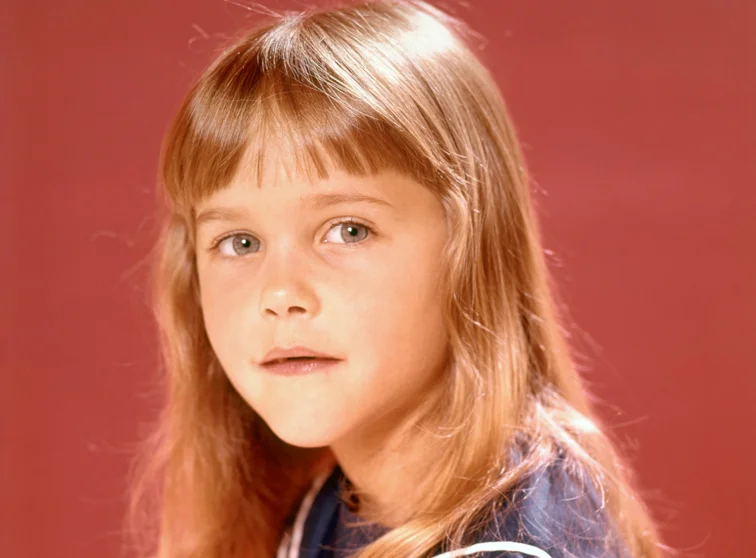
Erin Murphy enchanted viewers as the adorable witch-in-training Tabitha Stephens on “Bewitched,” twitching her little nose just like her magical mother Samantha. From 1966 to 1972, she grew up before our eyes, evolving from a toddler with supernatural powers into a precocious young girl who could stop traffic with a simple nose wiggle. Her natural charisma and ability to handle both the comedic and fantastical elements of the show made her seem destined for a long career in entertainment, and many expected her to transition seamlessly into teenage and adult roles. As shown by Closer Weekly, the series that enchanted so many still has a special place in Erin’s heart to this day.
However, Murphy’s path after “Bewitched” proved far more conventional than magical. She appeared in a few television commercials and made guest appearances on shows like “Lassie,” but by the late 1970s, she had essentially retired from acting to focus on her education and personal life. Unlike many child stars who struggled with the transition to adulthood, Murphy seemed to make a conscious choice to step away from the spotlight, pursuing careers in real estate and motivational speaking that kept her grounded in the real world rather than chasing the illusion of Hollywood fame.
4. Johnny Whitaker (Jody Davis)
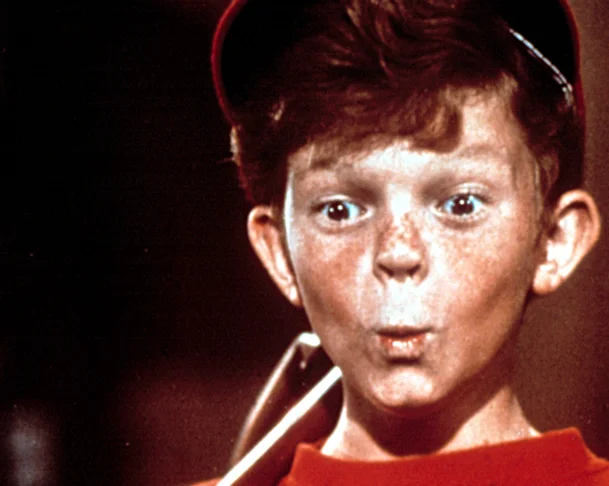
Johnny Whitaker captured hearts as the sweet, earnest Jody Davis on “Family Affair,” the red-haired little boy whose innocence and sincerity made even the most cynical viewers reach for their handkerchiefs. From 1966 to 1971, he demonstrated remarkable emotional range for such a young actor, tackling storylines about loss, family, and growing up with a maturity that suggested a bright future in dramatic roles. His chemistry with co-star Anissa Jones and his ability to deliver both comedic and heartbreaking moments made him one of the most promising child actors of his era.
After “Family Affair” ended, Whitaker continued acting through the mid-1970s, appearing in several Disney films and television specials that showcased his versatility. However, like many young performers, he found the transition from child star to adult actor challenging, and the roles became fewer and less significant as he grew older. By the late 1970s, he had largely stepped away from professional acting, eventually pursuing a career in ministry and addiction counseling, using his experiences to help others rather than continuing to chase the spotlight that had once seemed so promising.
5. Billy Mumy (Will Robinson)
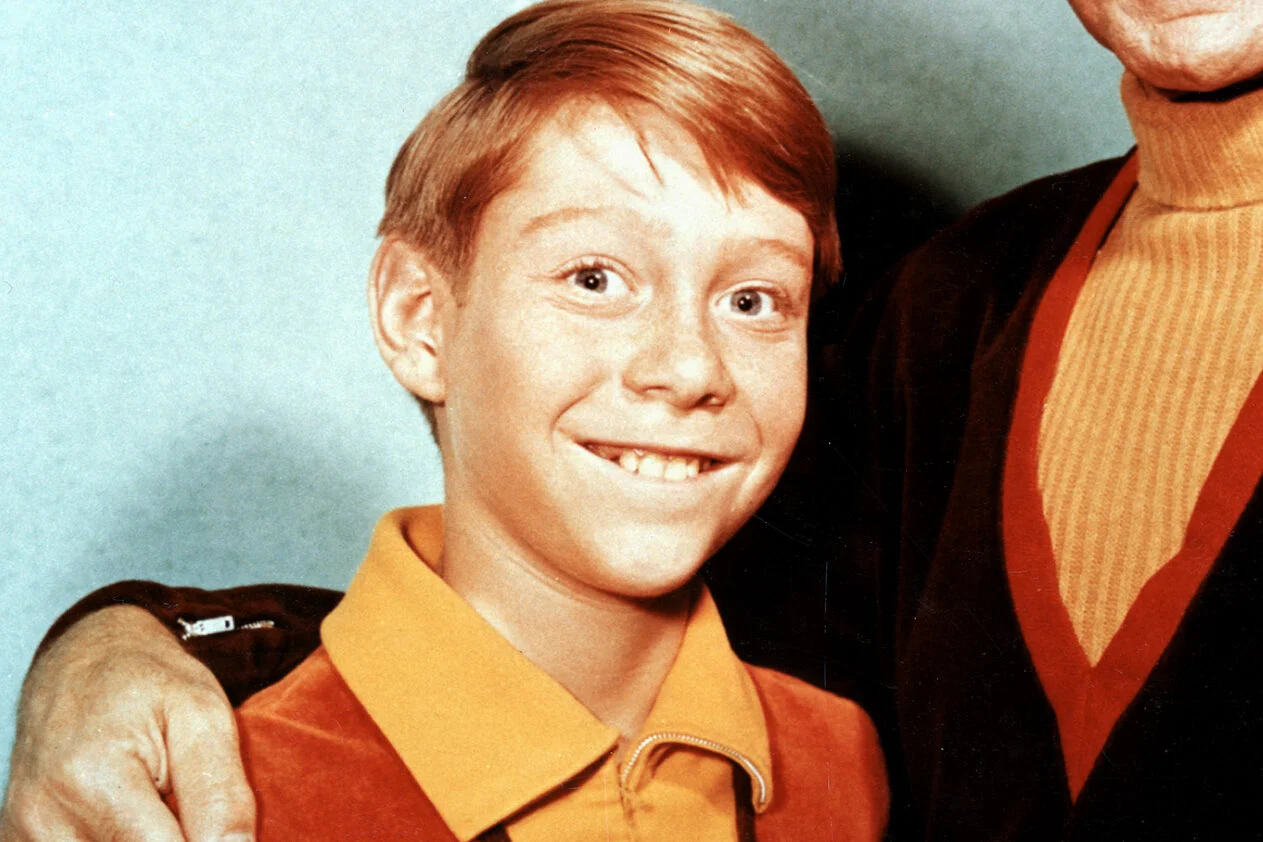
Billy Mumy brought intelligence and vulnerability to Will Robinson on “Lost in Space,” the young genius whose scientific curiosity often led him into dangerous adventures across the cosmos. His portrayal from 1965 to 1968 showed remarkable depth for such a young actor, balancing the character’s intellectual precociousness with genuine childlike wonder and fear. Mumy’s ability to hold his own alongside seasoned actors like Jonathan Harris made it clear that he possessed the kind of natural talent that could sustain a lifelong career in entertainment.
Despite his obvious abilities and the show’s enduring popularity, Mumy found himself facing the same challenges that plagued many science fiction actors of the era. He continued working steadily through the 1970s, appearing in various television series and films, but struggled to break free from the typecasting that came with being known primarily for a genre role. While he never completely disappeared from the entertainment industry, transitioning into music and voice acting work, his on-screen presence became increasingly rare, leaving fans wondering what might have happened if he’d been given more opportunities to showcase his dramatic range in mainstream productions.
6. Susan Dey (Laurie Partridge)
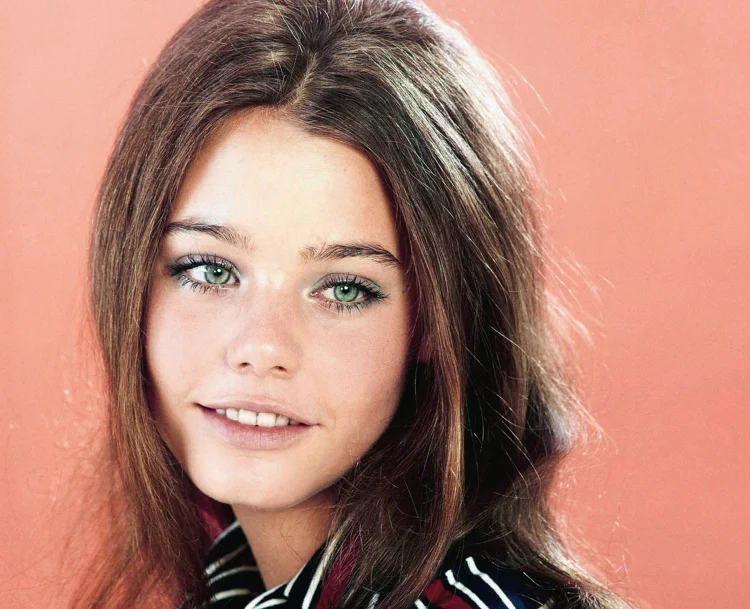
Susan Dey epitomized the wholesome girl-next-door as Laurie Partridge on “The Partridge Family,” bringing a natural grace and musical talent to the role that made her seem destined for stardom. From 1970 to 1974, she charmed audiences with her sweet voice and genuine screen presence, perfectly capturing the essence of the responsible oldest daughter trying to keep her musical family grounded. Her beauty and talent suggested she would easily transition into leading lady roles, and Hollywood seemed ready to embrace her as the next big thing.
However, Dey’s career trajectory took an unexpected turn after “The Partridge Family” concluded. While she continued acting and even landed some significant roles in television movies and series, she never quite achieved the level of mainstream success that many had predicted for her. She seemed to deliberately choose projects that challenged her rather than simply capitalized on her wholesome image, demonstrating a commitment to her craft that was admirable but perhaps not always commercially wise, leaving us to wonder what might have been if she had played the Hollywood game differently.
7. Danny Bonaduce (Danny Partridge)
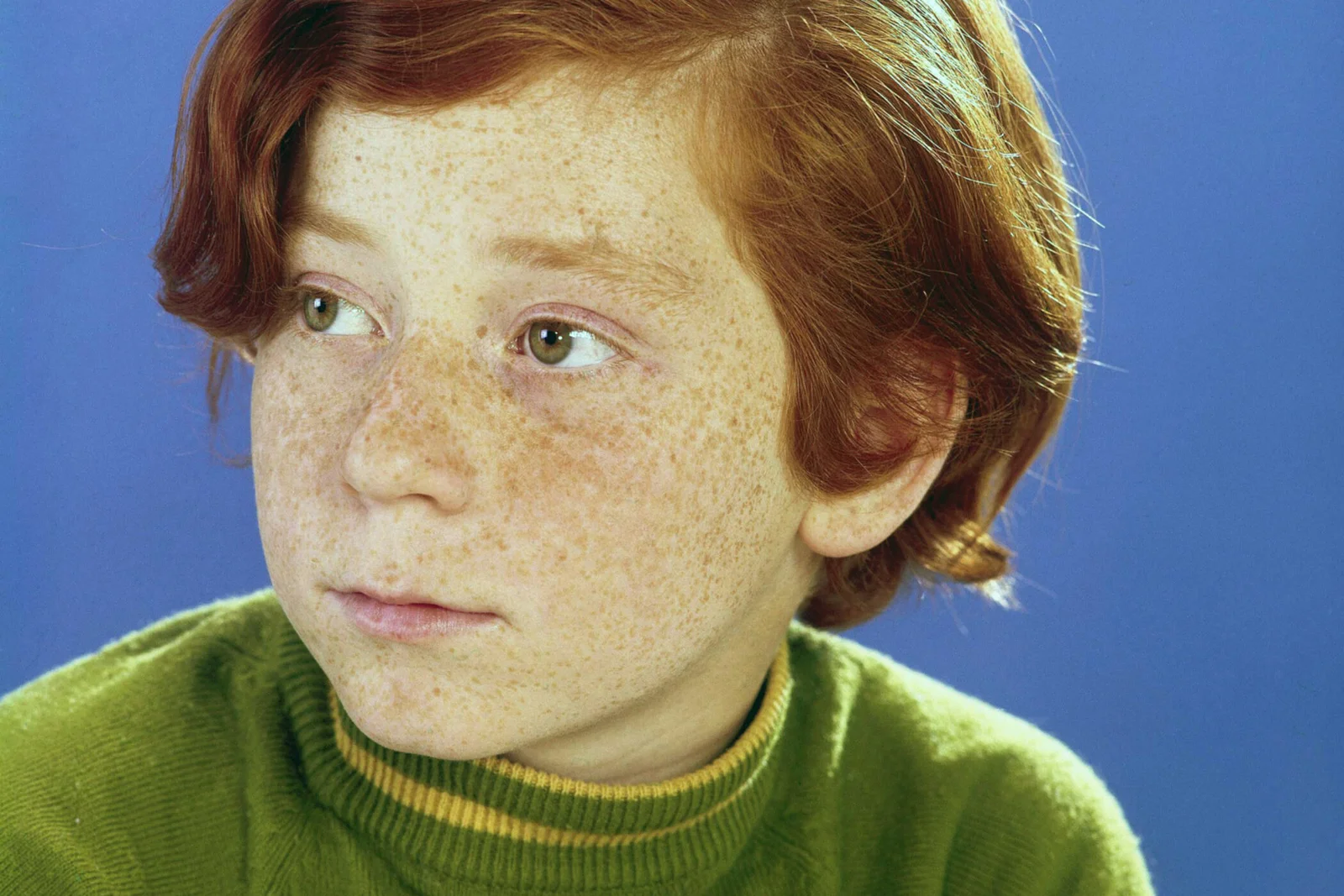
Danny Bonaduce brought mischievous energy and sharp wit to Danny Partridge, the red-headed middle child whose wisecracks and schemes provided much of “The Partridge Family’s” comedic punch. From 1970 to 1974, his natural comedic timing and ability to deliver both innocent humor and surprisingly sophisticated one-liners made him a standout performer who seemed destined for a career in comedy. His precocious personality and quick wit suggested he could easily transition into more adult comedic roles as he matured.
Unfortunately, Bonaduce’s post-“Partridge Family” years were marked by personal struggles that overshadowed his undeniable talent. While he made various attempts to revive his career through guest appearances and reality television in later decades, his most productive creative years seemed to end just as he was reaching an age where he could have taken on more substantial roles. The challenges of growing up in the public eye seemed to derail what could have been a fascinating evolution from child comedian to adult entertainer, leaving fans wondering what kind of performer he might have become under different circumstances.
8. Kristy McNichol (Buddy Lawrence)
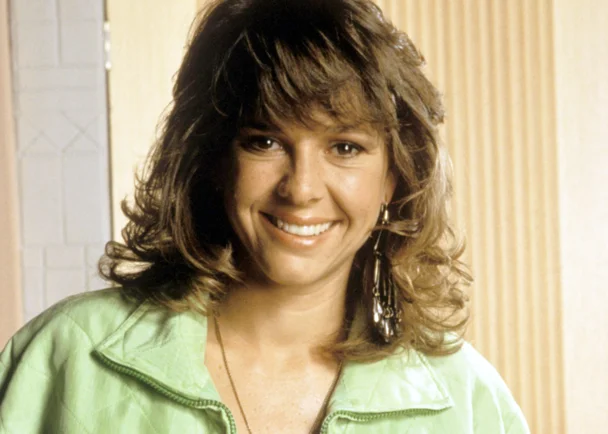
Kristy McNichol burst onto the scene as the tomboyish Buddy Lawrence on “Family,” delivering powerhouse performances that earned her two Emmy Awards before she even turned eighteen. From 1976 to 1980, she brought an authenticity and emotional depth to her roles that was rarely seen in young actors, tackling difficult subjects with a maturity that suggested she would become one of her generation’s most respected dramatic actresses. Her ability to convey complex emotions and her natural screen presence made her one of the most promising young talents in Hollywood.
Despite her early success and critical acclaim, McNichol’s career began to slow down in the early 1980s, just as she seemed poised to make the transition to leading lady status. She appeared in several films and television projects, but none quite captured the magic of her earlier work, and she gradually became more selective about her roles. By the late 1980s, she had largely stepped away from acting, citing a desire for privacy and a more normal life, leaving the entertainment industry just as audiences were most curious to see how her remarkable talent would develop in adulthood.
9. Mackenzie Phillips (Julie Cooper)
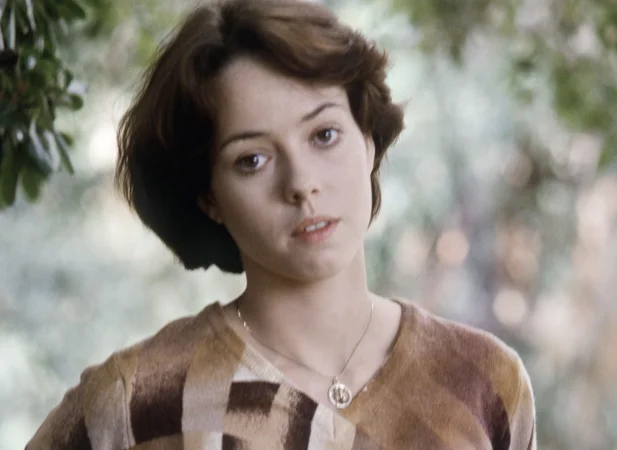
Mackenzie Phillips brought teenage rebellion and authenticity to Julie Cooper on “One Day at a Time,” perfectly capturing the spirit of a young woman coming of age in the changing social landscape of the 1970s. From 1975 to 1984, she tackled controversial storylines with a fearlessness that made her character feel real and relatable to audiences navigating their own family challenges. Her natural ability to blend comedy with drama suggested she had the range to become a major star as she transitioned into adult roles.
However, Phillips’ promising career was derailed by personal struggles that became increasingly public throughout the late 1970s and early 1980s. Her battles with substance abuse led to erratic behavior on set and eventually her departure from “One Day at a Time” during its prime years. While she made attempts at comebacks in later decades, the momentum she had built as a young actress was never fully recovered, leaving fans to wonder what kind of mature performer she might have become if she had been able to navigate the pressures of growing up in Hollywood more successfully.
10. Quinn Cummings (Lucy McFadden)
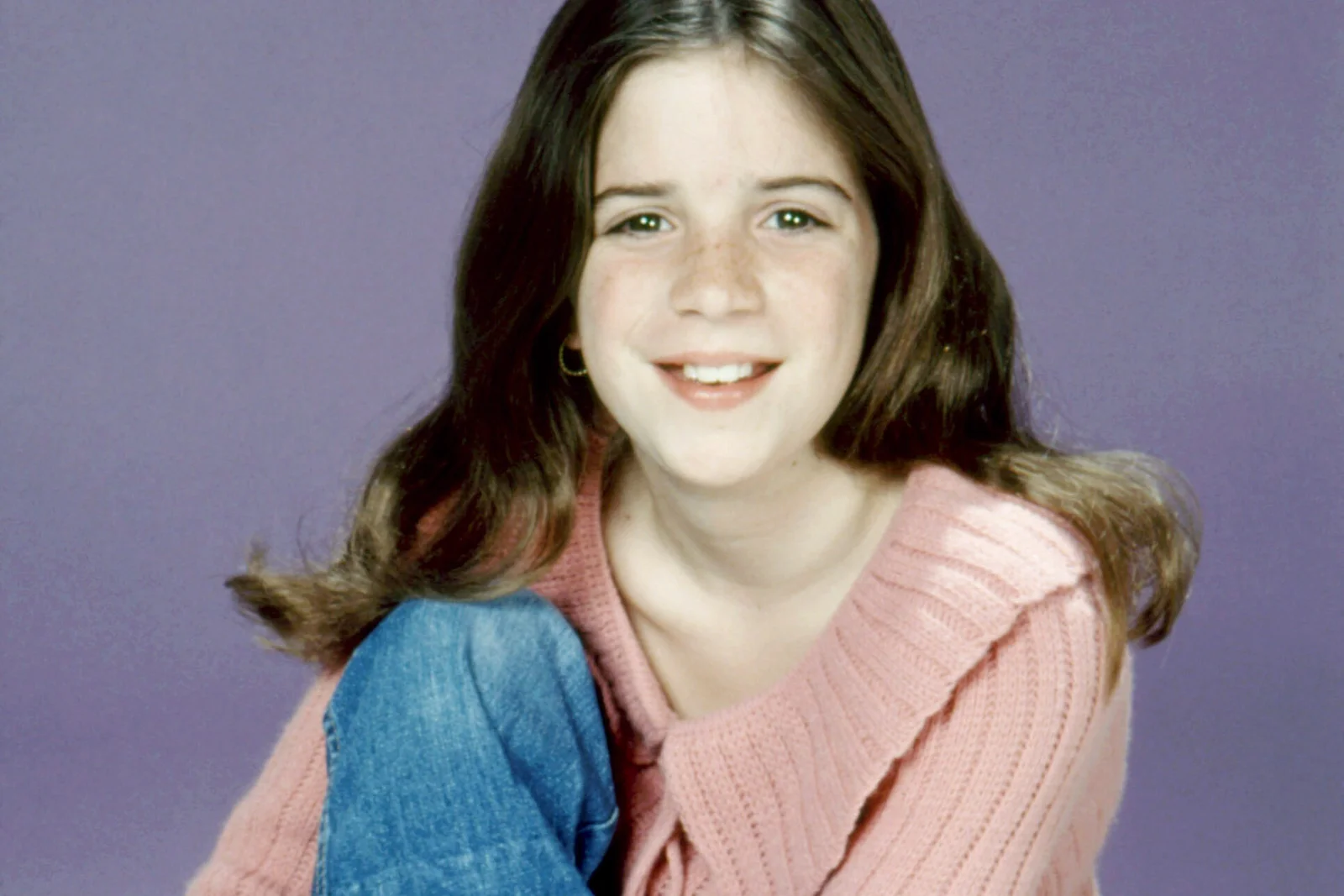
Quinn Cummings charmed audiences as the precocious Lucy McFadden in “The Goodbye Girl,” delivering a performance that earned her an Academy Award nomination at just ten years old. Her quick wit and natural ability to hold her own against seasoned actors like Richard Dreyfuss made her seem like the next Tatum O’Neal, destined for a career full of challenging and memorable roles. The critical acclaim she received suggested that Hollywood had found its newest young dramatic talent, and everyone expected great things from her future projects.
Following her Oscar nomination, Cummings appeared in the television series “Family” and several other projects, but none quite matched the impact of her debut performance. As she grew older, the roles became less frequent and less substantial, and she seemed to struggle with the same transition issues that plagued many child actors trying to find their place in an industry that often didn’t know what to do with them as they matured. By the 1980s, she had largely stepped away from acting, eventually becoming a successful inventor and author, channeling her creativity in directions that didn’t require her to remain forever frozen as that clever little girl from “The Goodbye Girl.”
11. Jay North (Dennis Mitchell)
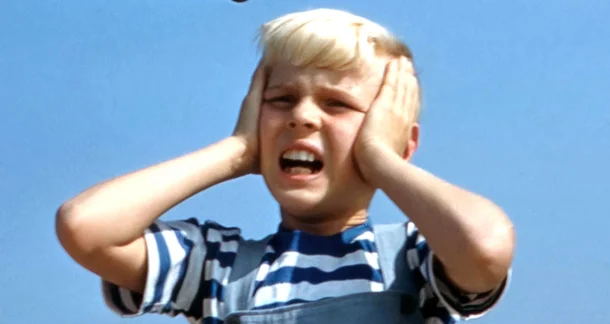
Jay North became the embodiment of mischievous childhood as Dennis Mitchell in “Dennis the Menace,” bringing the beloved comic strip character to life with perfect comedic timing and innocent charm. From 1959 to 1963, he captured the essence of every neighborhood kid who meant well but somehow always ended up in trouble, making audiences laugh while reminding them of their own childhood adventures. His natural ability to be simultaneously endearing and exasperating made him seem like the perfect child actor, destined for a long career bringing beloved characters to screen.
After “Dennis the Menace” ended, North found himself struggling with the same typecasting issues that affected many child stars, unable to break free from the wholesome image that had made him famous. He appeared in a few television series and made-for-TV movies throughout the late 1960s and early 1970s, but none achieved the success of his signature role. Eventually, he largely withdrew from acting, pursuing other careers and only occasionally appearing at nostalgia events, leaving fans to wonder what other memorable characters he might have brought to life if Hollywood had been more willing to let him grow up on screen.
12. Patty Duke (Patty Lane)
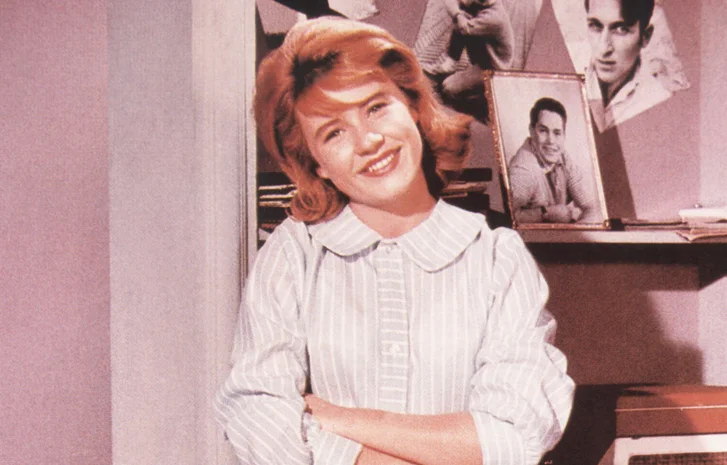
Patty Duke showcased remarkable range playing dual roles as identical cousins Patty and Cathy Lane on “The Patty Duke Show,” demonstrating comedic chops and character differentiation skills that belied her teenage years. From 1963 to 1966, she proved she could handle both the all-American teenager and the sophisticated European cousin with equal authenticity, creating two distinct personalities that audiences could easily tell apart. Her performance suggested she had the versatility to tackle any role Hollywood might offer, and her previous Academy Award win for “The Miracle Worker” had already established her dramatic credentials.
However, Duke’s career in the late 1960s and early 1970s failed to capitalize on the promise she had shown as a teenager, with roles that seemed to underutilize her considerable talents. While she continued working in television and occasionally returned to the spotlight in later decades, the momentum she had built as a young performer never quite translated into the sustained stardom many had predicted. Her struggles with mental health, which she later courageously discussed publicly, may have contributed to the challenges she faced in navigating Hollywood during what should have been her prime years as a leading lady.
13. Ron Howard (Opie Taylor)
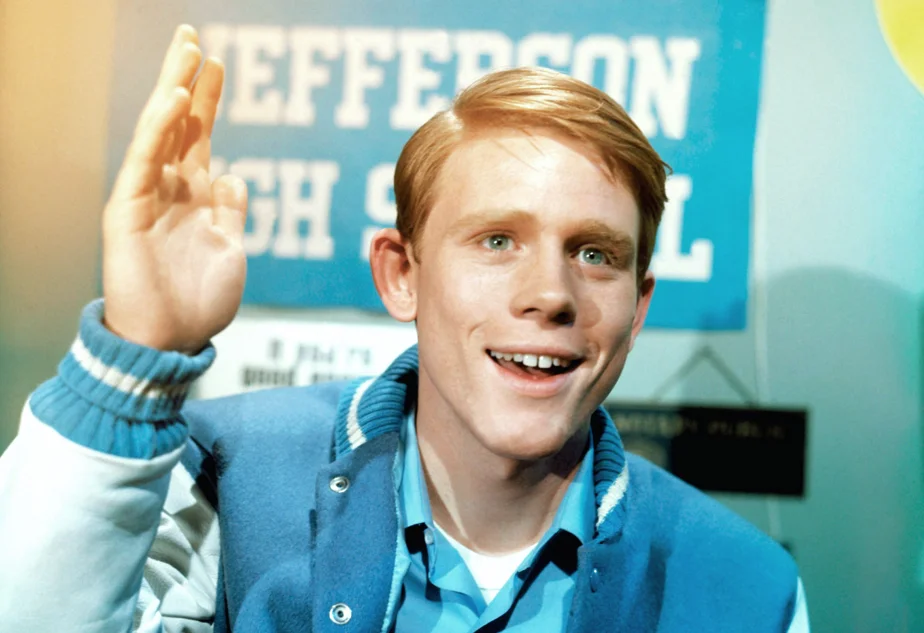
Ron Howard warmed hearts as Opie Taylor on “The Andy Griffith Show,” bringing genuine sweetness and natural acting ability to the role of America’s favorite small-town son. From 1960 to 1968, he grew up before our eyes, evolving from a gap-toothed little boy into a thoughtful teenager while maintaining the character’s essential goodness and charm. His ability to convey both childlike innocence and growing wisdom made him one of the most beloved young actors on television, and his transition to Richie Cunningham on “Happy Days” seemed to confirm his staying power as a performer.
While Howard continued acting successfully into the 1970s with “Happy Days,” he made the surprising decision to step away from performing to pursue directing, a move that seemed premature to fans who wanted to see what kind of leading man he might have become. His early directorial efforts showed promise, but many viewers felt nostalgic for the actor who had grown up alongside them on television. Though his behind-the-camera career proved extraordinarily successful, there remains a sense of “what if” about the acting career he abandoned just as he was reaching the age where he could have taken on more complex and mature roles.
14. Angela Cartwright (Penny Robinson)
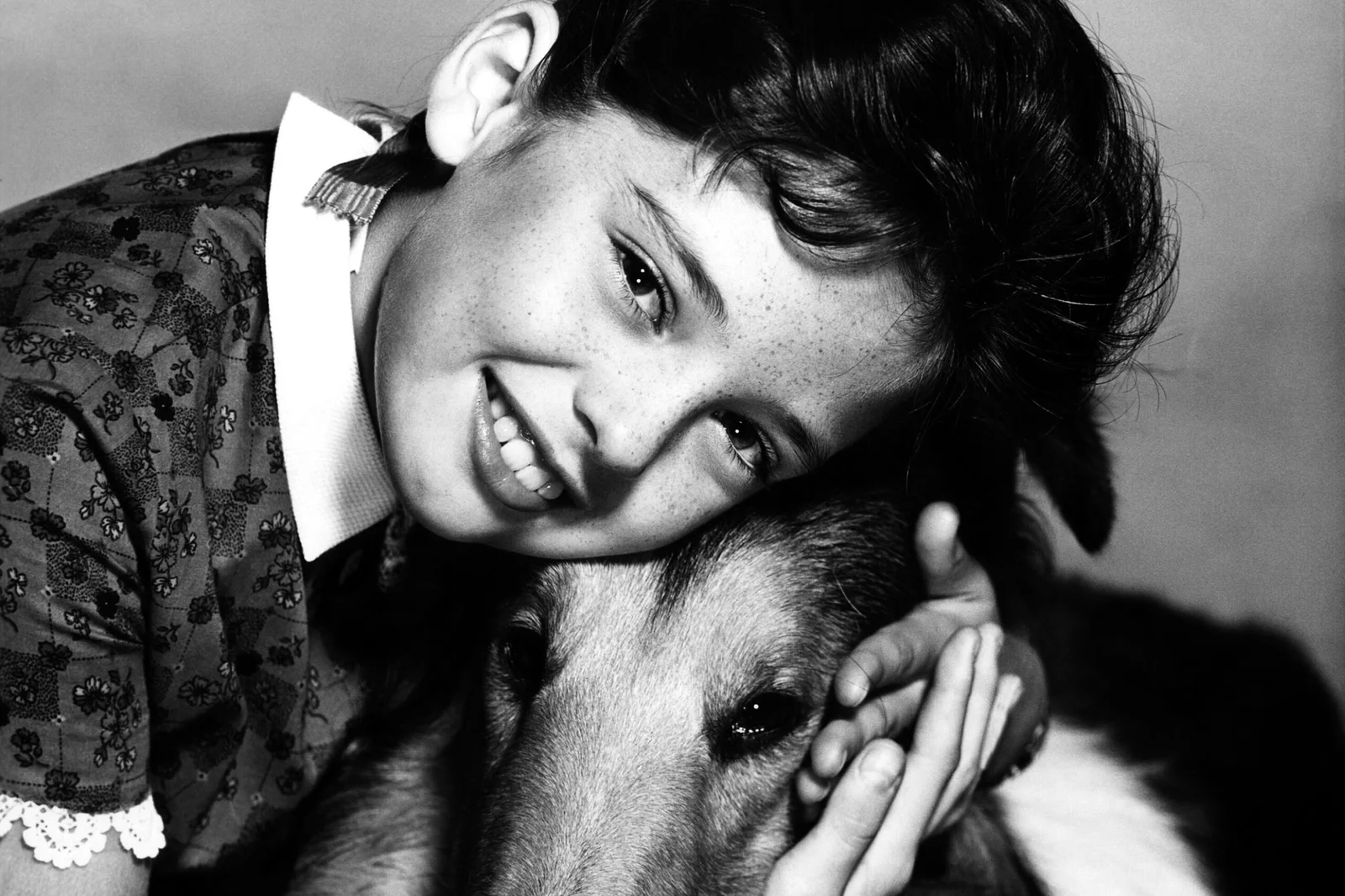
Angela Cartwright became a science fiction icon as Penny Robinson on “Lost in Space,” the plucky middle child of the Robinson family who always seemed to find herself in the most dangerous situations on that mysterious alien planet. From 1965 to 1968, she brought a perfect blend of innocence and spunk to the role, whether she was befriending alien creatures or standing up to the cowardly Dr. Smith. Her natural ability to convey both vulnerability and strength made her one of the most compelling young actresses of her generation, and fans couldn’t wait to see what dramatic roles awaited her.
Despite her obvious talent and the show’s cult following, Cartwright found herself struggling to find substantial roles after “Lost in Space” concluded. She made guest appearances on various television series throughout the early 1970s, but the parts were often small and forgettable, failing to showcase the range she had demonstrated as Penny. Eventually, she shifted her focus away from acting toward photography and other artistic pursuits, leaving many of us wondering what kind of leading lady she might have become if Hollywood had given her the opportunities she deserved.
While some chose to step away from the spotlight to pursue more private lives, and others faced challenges that prevented them from reaching their full potential, all of these performers left an indelible mark on popular culture that continues to resonate today. They remind us of Saturday morning cartoons, family dinner conversations about television shows, and the simple pleasure of watching talented young people bring beloved characters to life, capturing a piece of our collective childhood that remains as precious now as it was then.


